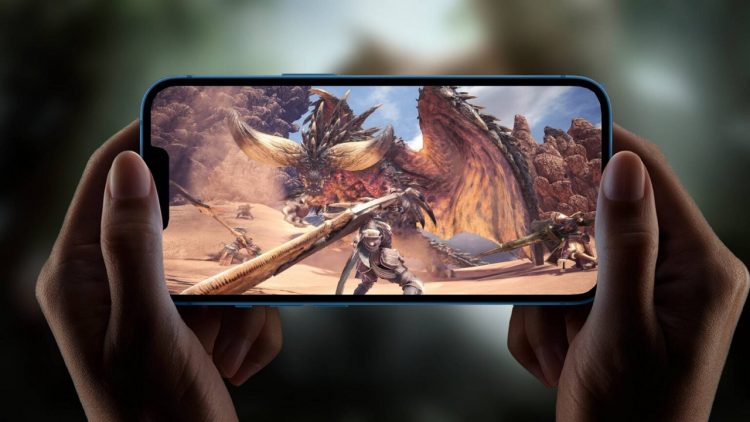Mobile gaming has become a significant aspect of the gaming industry, with an increasing number of people preferring to play games on their smartphones and tablets. The growth of mobile gaming has been tremendous over the years, and it has had a massive impact on the gaming industry.
In this article, we will explore the growth of mobile gaming and its impact on the industry.
The Emergence of Mobile Gaming
The emergence of mobile gaming can be traced back to the early 2000s when Nokia introduced its N-Gage platform. The platform was designed to combine gaming and mobile phone functionality, but it did not gain much popularity due to its cumbersome design and limited game library.

However, the launch of the iPhone in 2007 marked a turning point in the mobile gaming industry. With the introduction of the App Store, developers could create and distribute games easily, making mobile gaming more accessible to the masses.
The success of the iPhone prompted other smartphone manufacturers to enter the market, such as Google’s Android operating system, which also had its app store.
The Growth of Mobile Gaming
Since the launch of the App Store, mobile gaming has continued to grow rapidly. According to a report by App Annie, mobile gaming accounted for 45% of the global gaming market in 2020, with revenues of $77.2 billion. The report also predicts that by 2025, mobile gaming will account for 53% of the global gaming market, generating revenues of over $120 billion.
One of the main reasons for the growth of mobile gaming is the increasing number of smartphone users globally. The International Telecommunication Union (ITU) estimates that there are over 7 billion mobile phone users worldwide, with 3.8 billion of them using smartphones. This means that there is a massive potential market for mobile games, and developers can reach a broader audience.
The Impact of Mobile Gaming on the Gaming Industry
The growth of mobile gaming has had a significant impact on the gaming industry. Here are some of the ways it has influenced the industry:
Increased Accessibility
Mobile gaming has made gaming more accessible to a wider audience. With smartphones becoming more affordable, more people can afford to buy them, which means that more people have access to games. Additionally, mobile gaming has eliminated the need for expensive gaming consoles and PCs, making gaming more affordable and accessible to everyone.
Increased Revenue for Developers
Mobile gaming has also provided developers with new revenue streams. In the past, developers had to rely on traditional gaming consoles and PCs, which meant that they had to create games for a limited audience. However, with mobile gaming, developers can create games that can reach a broader audience and generate more revenue. This has led to an increase in the number of developers creating mobile games, which has led to a more competitive market.
Changes in Game Design
Mobile gaming has also influenced the design of games. Mobile games are often designed to be played in short bursts, which means that they are usually more straightforward and have less complex gameplay. This has led to changes in the design of traditional games, with developers trying to make their games more accessible to mobile gamers.
New Business Models
Mobile gaming has also introduced new business models for developers. In addition to the traditional pay-to-play model, developers can also monetize their games through in-app purchases and advertising. This has led to the rise of free-to-play games, which have become popular among mobile gamers.
Increased Competition
Finally, the growth of mobile gaming has led to increased competition in the gaming industry. With more developers entering the mobile gaming market, the competition for users’ attention and revenue has become fierce. This has led to developers trying to create more innovative games and marketing strategies to stand out from the crowd.
Conclusion
In conclusion, the growth of mobile gaming has revolutionized the gaming industry, and its impact is felt more profoundly than ever before. With the proliferation of smartphones and tablets, more people are playing games than ever before. This has led to a broader audience, which developers can target and has opened up new revenue streams.
The changes in game design have also made traditional games more accessible to mobile gamers. The rise of new business models such as in-app purchases and advertising has allowed developers to create free-to-play games, which are popular among mobile gamers. Finally, the fierce competition among developers has led to the creation of more innovative games, better quality games, and new marketing strategies.
As mobile gaming continues to grow, it is expected to have an even more significant impact on the gaming industry, and it will be exciting to see how the industry evolves to adapt to these changes.



























